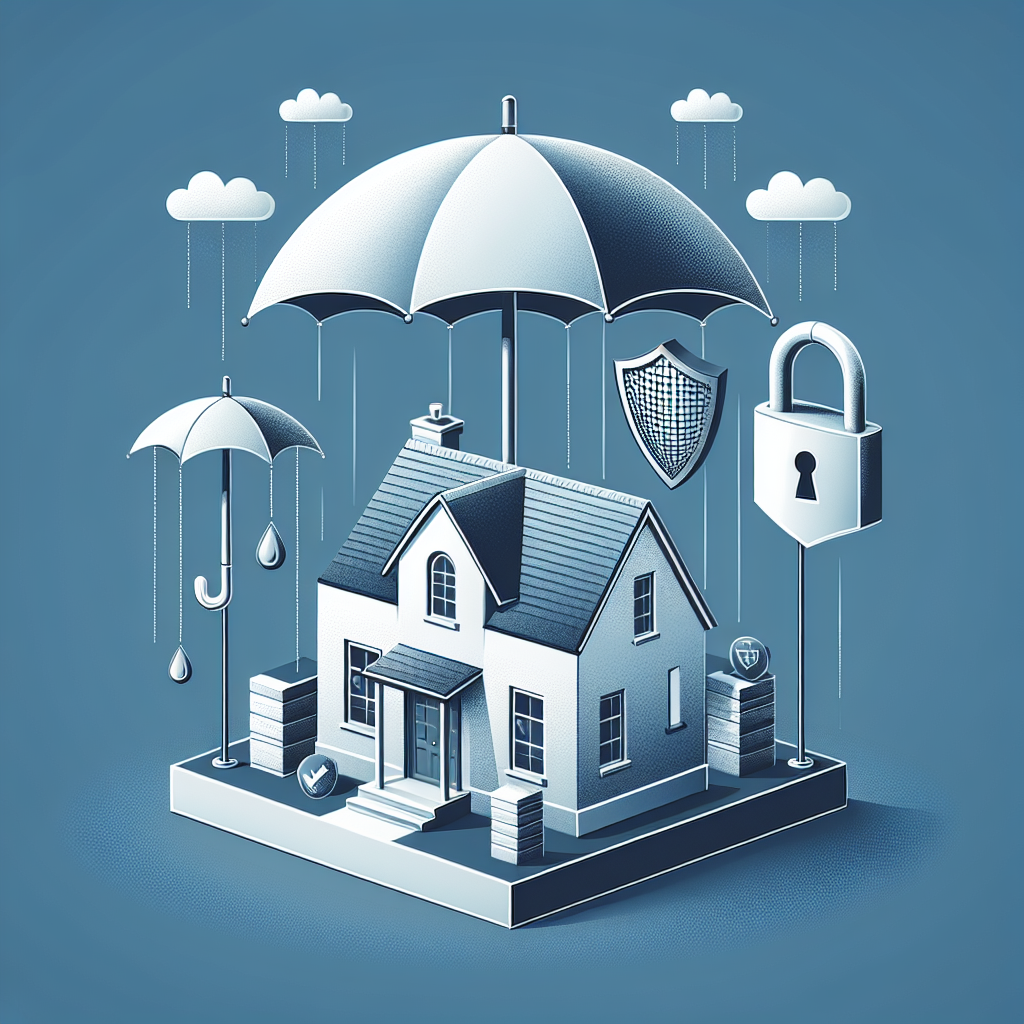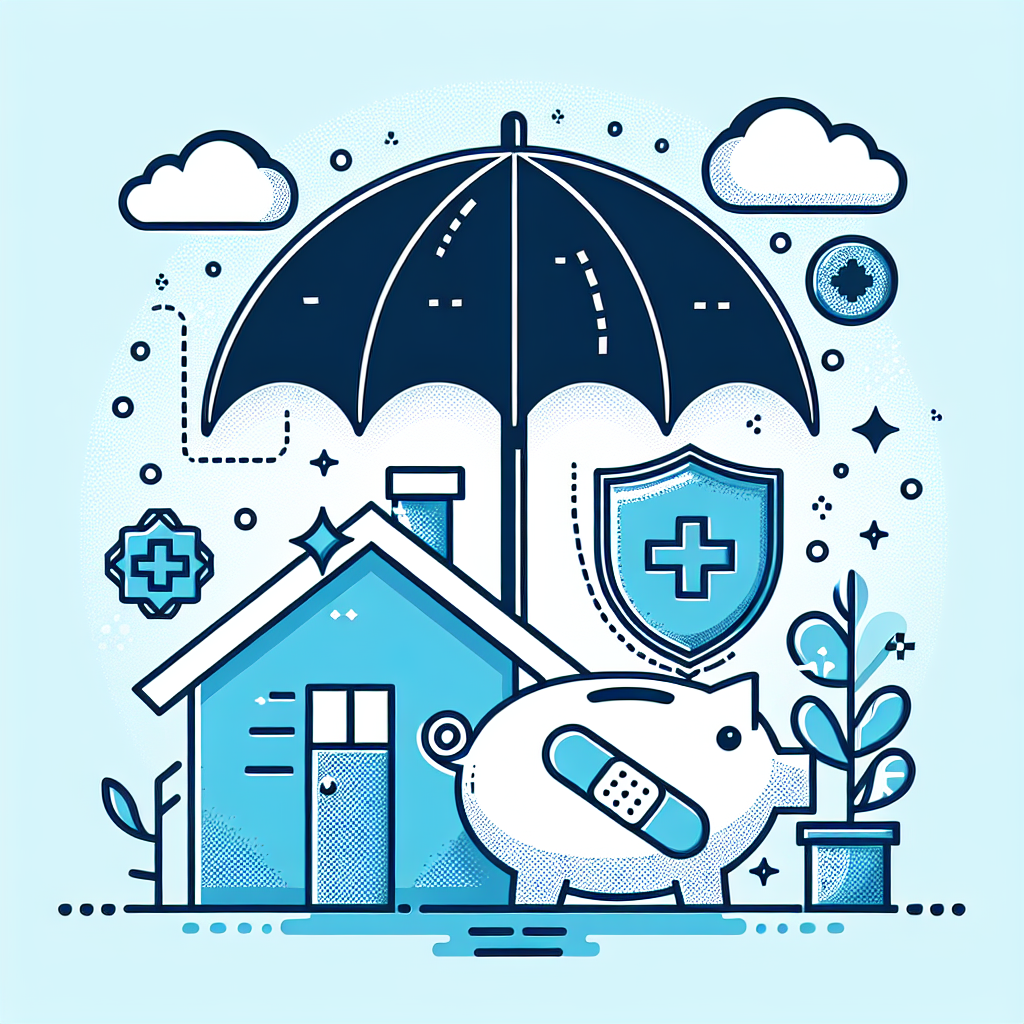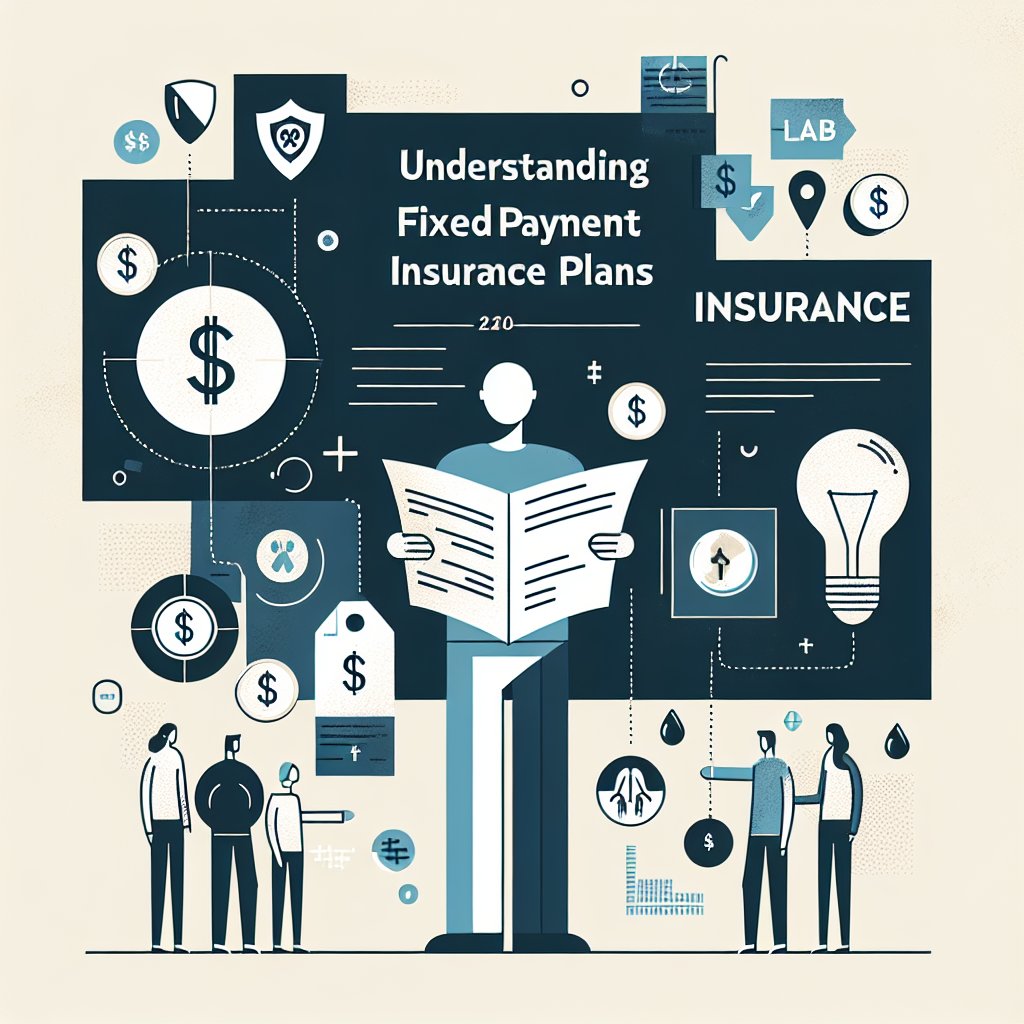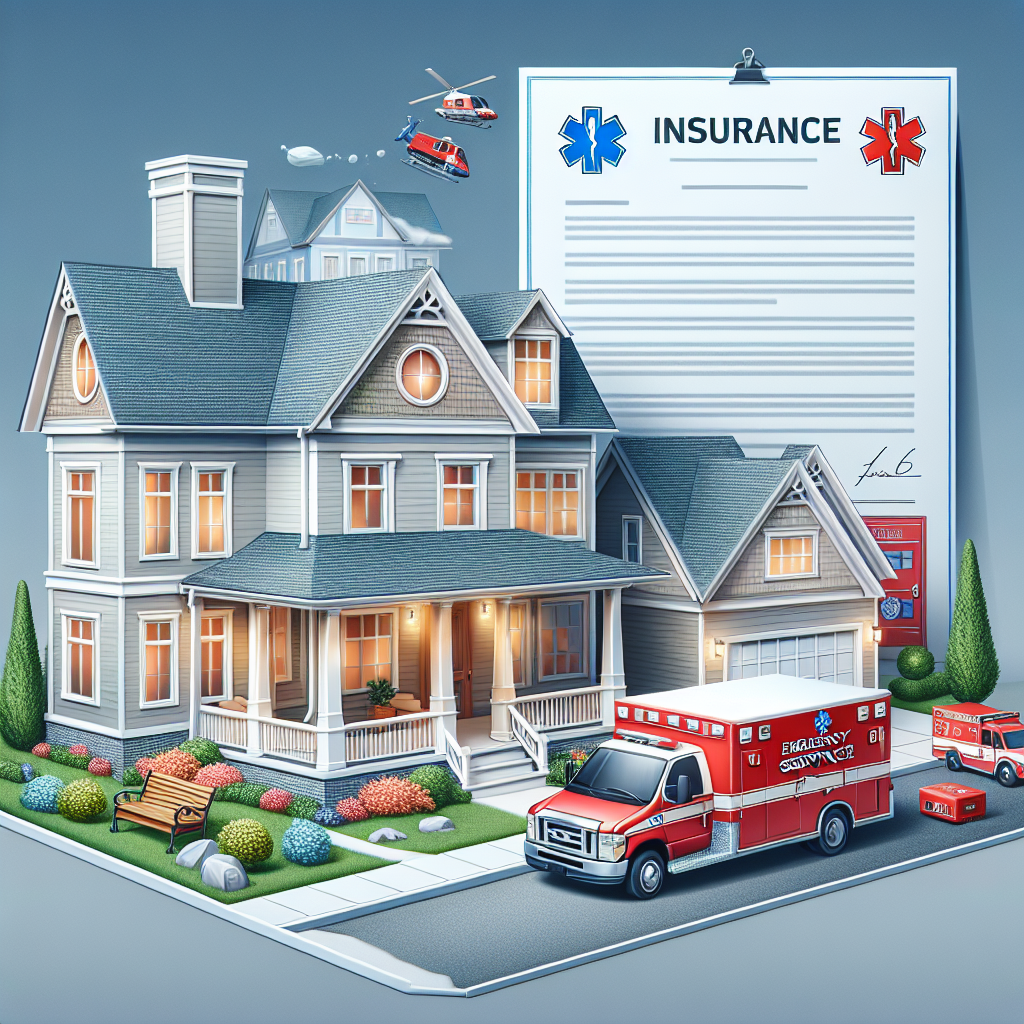Filed under Home Insurance on
What Is Home Liability Insurance Coverage and Why It Matters

If you own a home, you’ve likely heard the term home liability insurance coverage, but many people aren’t exactly sure what it does until something goes wrong. This protection stands between your savings and a lawsuit when someone gets hurt on your property or claims your actions caused them harm. It’s the quiet workhorse of a homeowners policy—often overlooked, but absolutely essential. Below, you’ll learn what it is, what it covers, what it doesn’t, how much you need, and how to get the most value out of it.
What Is Home Liability Insurance Coverage?
At its core, home liability insurance coverage is the part of your homeowners policy that pays for injuries or property damage you’re legally responsible for, plus legal defense, if a claim or lawsuit is filed against you. It generally follows you and your household members beyond your property line. If your child accidentally hits a baseball through a neighbor’s window or a guest takes a bad fall on your icy steps, liability coverage steps in to help.
Insurers include this protection in most standard policy forms for homeowners and condo owners, and it’s integral to renters insurance too. Industry groups and regulators consistently note that liability claims can escalate quickly—legal fees add up, medical costs climb, and jury awards have trended higher in recent years. That is why this single coverage often does the heavy lifting when the unexpected becomes expensive.
Key Components of Liability Protection
- Legal defense costs: Your insurer hires and pays lawyers to defend you, even if a lawsuit is groundless or fraudulent, up to the policy’s conditions.
- Judgments and settlements: If you’re found liable, the insurer pays damages up to your policy limit.
- Worldwide coverage: Most policies cover incidents on and off your premises, subject to exclusions.
- Household coverage: Protection typically extends to resident relatives, not just the named insured.
What Does Liability Insurance Cover?
When you hear home liability insurance coverage, think about negligent acts—not intentional harm. The coverage responds when the law says you owe someone for injuries or damage that you didn’t mean to cause.
Common Covered Situations
- Slip-and-fall injuries: A delivery driver trips on loose pavers and breaks an ankle.
- Dog-related injuries: Your family pet bites a visitor or knocks over a neighbor, causing a concussion.
- Accidental property damage: A backyard fire pit sparks embers that scorch a neighbor’s fence.
- Off-premises mishaps: Your child rides a bike into a parked car, denting the door.
Coverage also typically includes medical payments to others, a small no-fault benefit—often $1,000 to $5,000—that helps pay for minor medical expenses even when you aren’t legally liable. It’s designed to defuse disputes early and keep small injuries from spiraling into full-blown claims.
Legal Defense: The Most Underrated Benefit
Defending a claim or lawsuit can cost more than the claim itself. Most homeowners policies provide a defense in addition to the liability limit, meaning attorney fees don’t erode the pot of money available to pay damages. In a world where jury verdicts and court costs have been rising, this feature is invaluable.
What Doesn’t It Cover?
Home liability insurance coverage is broad, but no policy covers everything. Exclusions protect insurers from catastrophic or inappropriate risks and steer claims to the right policy type.
Typical Exclusions
- Intentional or criminal acts: If you intentionally cause harm, it’s not covered.
- Business activities: Running a business from home, including many short-term rentals, usually requires separate or endorsed coverage.
- Motor vehicles: Auto liability belongs under an auto policy. The same logic applies to most motorized land vehicles.
- Watercraft and recreational vehicles: Limited coverage may exist for small, slow boats or certain vehicles, but larger or faster crafts need dedicated policies.
- Injuries to household members: Liability is for third parties, not people who live with you.
- Contractual liability: Obligations you agree to in a contract may be excluded unless you would be liable anyway.
- Pollution and certain hazardous exposures: These are commonly restricted or excluded.
Many policies also exclude personal injury offenses—such as libel, slander, or invasion of privacy—unless you add a personal injury endorsement. With social media a daily reality, that add-on is increasingly relevant.
How Much Coverage Do You Need?
A standard homeowners policy might come with $100,000 of liability coverage by default. For many families, that’s not enough. Consider your total assets, future earnings, lifestyle risks, and who visits your property. If you have a pool, trampoline, frequent gatherings, a dog, or teenage drivers in the household, your exposure is higher.
Many financial planners recommend at least $300,000 to $500,000 in personal liability on the home policy. For added protection, consider a personal umbrella policy—extra coverage that sits on top of your home and auto liability. Umbrellas typically start at $1 million and are surprisingly affordable relative to the protection they provide. If a serious injury claim surpasses your home liability limit, the umbrella can cover the remainder, up to its limit.
Practical Approach to Setting Limits
- Estimate your net worth, including equity and investments, and consider potential future earnings.
- Audit your exposures: pool, pets, rental activity, teen drivers, frequent entertaining, and large property features like steep stairs.
- Choose the highest affordable home liability limit, then add an umbrella to reach a total limit that aligns with your risk profile.
Legal trends matter, too. Industry studies note rising jury awards for liability cases—sometimes called social inflation—making higher limits more valuable than in the past.
How Claims Work: From Incident to Resolution
When something happens, swift, calm action helps protect you legally and medically. Knowing the steps in advance makes a stressful event more manageable.
What to Do After an Incident
- Ensure safety: Seek immediate medical help if anyone is hurt.
- Document: Take photos, collect witness names, and write down what happened while it’s fresh.
- Avoid admissions: Be polite and helpful, but don’t accept blame on the spot.
- Notify your insurer promptly: Early reporting helps preserve evidence and defense options.
- Cooperate with your claim team: Provide requested documents, statements, and any updates.
Your insurer will investigate, determine coverage, assign counsel if needed, and work toward settlement or defense. If you’re sued, your carrier typically appoints attorneys experienced with premises liability and related claims. Keep in mind that failing to report promptly or making voluntary payments without consent can complicate coverage.
How Much Does It Cost—and What Affects the Price?
Liability coverage is bundled into your homeowners premium, which reflects the total risk of the property and the policyholder. Compared with property coverage (the part that rebuilds your home after a fire), liability protection often delivers significant value for relatively modest cost.
Common Pricing Factors
- Location and claims trends: Areas with higher litigation rates or medical costs can see higher premiums.
- Home features: Pools, trampolines, and certain dog breeds may increase liability risk.
- Coverage limits: Higher limits cost more, though per-dollar value often improves as you go up.
- Claims history: Past liability claims can influence future pricing and eligibility.
- Credit-based insurance score: Allowed in many states, this can impact your rate.
To optimize value, talk with your agent about bundling, liability limit tiers, and umbrella options. Often, raising your home liability limit is one of the most cost-effective upgrades you can make.
Smart Ways to Reduce Risk and Save
- Upgrade safety: Handrails, good lighting, and non-slip surfaces reduce falls.
- Fence and secure pools: Self-latching, code-compliant barriers are essential.
- Train and control pets: Obedience training, leashes, and proper signage help prevent injuries.
- Maintain walkways: Fix uneven steps and repair loose stones promptly.
- Host responsibly: Manage alcohol at gatherings and plan rides home for guests.
- Add appropriate endorsements: Personal injury coverage or a home-sharing endorsement if applicable.
- Consider an umbrella: It’s often the most efficient way to buy high-limit protection.
Special Considerations for Condos and Renters
Condo owners and renters need liability protection just as much—sometimes more. A condo association’s master policy generally covers the building’s common areas, not your liability as a unit owner. Your individual condo policy provides personal liability for injuries inside your unit and for your actions elsewhere.
Renters often underestimate risk, but a guest can be injured in a leased apartment just as easily as in a house. A standard renters policy includes liability coverage and medical payments to others. The affordability of renters insurance makes it one of the best values in personal finance.
Regardless of your dwelling type, home liability insurance coverage is a cornerstone of financial defense. It travels with you and your family and can keep a single mishap from derailing your savings goals.
Short-Term Rentals, Home Businesses, and Other Edge Cases
Platforms that facilitate short-term rentals have changed how we use homes—and how insurers underwrite them. Many standard policies view frequent rentals as a business activity, which can void liability protection for those stays unless you add specific endorsements or purchase a policy designed for home-sharing.
If You Rent Out Your Space
- Ask your insurer about a home-sharing or landlord endorsement.
- Review any platform-provided host protections; these are not insurance and often have limitations.
- Consider a dedicated landlord or short-term rental policy if renting is regular and income-focused.
Similarly, a home-based business—whether online retail, consulting, tutoring, or day care—may require a rider or separate business policy. The distinction between hobby and business matters when a claim hits. Clear it up before guests or clients start visiting.
Risk Landscape: Why Liability Is Getting More Important
Several industry trends point to the rising importance of robust limits. Insurers and risk analysts have documented an uptick in large liability verdicts and settlements, sometimes called nuclear verdicts. Medical inflation pushes treatment costs higher, while legal expenses continue to climb. Dog-related injury claims alone cost insurers billions annually, according to industry reports, and slip-and-fall incidents remain common.
At the same time, social media blurs the line between personal and public statements, increasing interest in personal injury coverage for defamation and privacy claims. Taken together, these trends suggest that today’s households benefit from higher liability limits, careful risk management, and umbrellas that extend protection.
In this context, maintaining ample home liability insurance coverage is not simply a box to check—it’s a strategic decision to safeguard your long-term financial plan.
Real-World Scenarios: What a Claim Might Look Like
The Pool Party Fall
During a summer gathering, a guest slips on wet tile and fractures a wrist. X-rays, a specialist visit, and rehab follow. Your medical payments coverage helps with initial bills, avoiding hard feelings. If the guest later claims negligence due to lack of non-slip mats, your personal liability coverage and insurer-provided legal defense respond.
The Neighborhood Fire
You host a backyard bonfire that seemed perfectly contained—until a gust sends embers onto a neighbor’s shed. The resulting damage triggers a property claim against you. Your liability coverage pays to repair or replace the shed, subject to policy terms.
The Online Comment
A heated social post results in a defamation accusation. Without a personal injury endorsement, your standard policy may not respond. With the endorsement, your insurer could provide defense and settlement within limits. It’s a small add-on with outsized impact in the digital age.
Frequently Asked Questions
Is liability coverage required?
Homeowners insurance isn’t mandated by law, but mortgage lenders usually require it. Even without a lender, liability protection is crucial. The potential downside of going without is significant.
Does it cover my legal defense even if I’m not at fault?
Yes, in most cases. If a claim alleges you’re responsible, your insurer typically provides a defense until the matter is resolved, within policy conditions.
What about injuries to family members?
Liability coverage is designed for third parties, not people who live in the household. Your health insurance typically addresses family injuries.
Will my dog void my policy?
Not necessarily. Some insurers restrict certain breeds or require underwriting approval. Be transparent about pets; misrepresentation can jeopardize claims.
Does the policy follow me away from home?
Generally yes, for covered personal activities. But vehicles, business pursuits, and other excluded scenarios still need their own policies.
How do umbrellas interact with home liability?
An umbrella sits on top of your underlying home and auto liability limits. If a claim exceeds your home policy limit, the umbrella can pay the remainder up to its limit, provided underlying requirements are met.
How to Buy Smarter: A Short Checklist
- Inventory your risks: pets, pool, frequent guests, rental activity, teen drivers, social media use.
- Set a target limit: often $300,000 to $500,000 for the home policy plus a $1 million umbrella or more.
- Ask about endorsements: personal injury, home-sharing, watercraft, or incidental business.
- Vet the insurer: financial strength, claims reputation, and availability of umbrella coverage.
- Compare quotes fairly: match deductibles, limits, and endorsements across carriers.
- Review annually: life changes should trigger coverage updates.
Common Mistakes to Avoid
- Underinsuring liability: Default limits can be too low for today’s claim environment.
- Ignoring exclusions: Not adding a needed endorsement can leave gaps.
- Renting without telling your insurer: Short-term rentals may be excluded without the right coverage.
- Skipping an umbrella: It’s often the most cost-effective way to add seven-figure protection.
- Neglecting maintenance: Simple fixes prevent injuries—and claims.
The Bottom Line
If you remember just one thing, let it be this: home liability insurance coverage is the shield that protects your savings, your income, and your peace of mind when the unexpected involves other people. It pays for legal defense, helps cover damages when you’re liable, and travels with you and your household members beyond your property line. In an era of rising medical costs and larger jury awards, strong limits—and an umbrella on top—are no longer a luxury; they’re a plan.
Talk with a licensed agent about the right limit for your situation, whether you need endorsements for personal injury or home-sharing, and how an umbrella could extend your protection. With the right setup, you can live your life and welcome guests with confidence, knowing you’ve matched your risks with robust, well-designed coverage.
Above all, review your policy annually. As your life changes—new home features, new pets, big events—your exposures change too. A thoughtful update now is far easier than a difficult lesson later, and that’s precisely why home liability insurance coverage matters.





